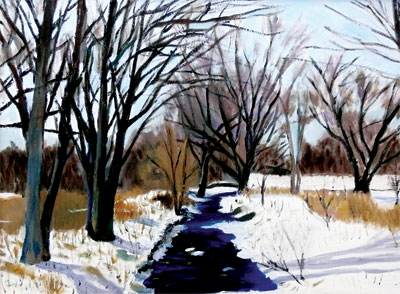All Nonfiction
- Bullying
- Books
- Academic
- Author Interviews
- Celebrity interviews
- College Articles
- College Essays
- Educator of the Year
- Heroes
- Interviews
- Memoir
- Personal Experience
- Sports
- Travel & Culture
All Opinions
- Bullying
- Current Events / Politics
- Discrimination
- Drugs / Alcohol / Smoking
- Entertainment / Celebrities
- Environment
- Love / Relationships
- Movies / Music / TV
- Pop Culture / Trends
- School / College
- Social Issues / Civics
- Spirituality / Religion
- Sports / Hobbies
All Hot Topics
- Bullying
- Community Service
- Environment
- Health
- Letters to the Editor
- Pride & Prejudice
- What Matters
- Back
Summer Guide
- Program Links
- Program Reviews
- Back
College Guide
- College Links
- College Reviews
- College Essays
- College Articles
- Back
Critical Analysis Essay-Robert Wrigley
The poem I Like The Wind, by Robert Wrigley, uses a lot of literary elements, and a very interesting choice in topic. The first couple of lines are very significant to me: “We are at or near the approximate line/where a stiff breeze becomes/or lapses from a considerable wind,/and I like it here, the chimney smokes/ right-angled from west to east but still/for brief intact stretches/the plush animal tails of their fires.” Not only is this sentence very well written, but I am at once struck by a metaphor. To me, the stiff breeze is a stagnant, comfortable phase of life. Wrigley says that we are at or near the point in time where excitement, being the considerable wind, stirs things up. He seems to like it more when his life is active and interesting, like the plush animal tails of the fires.
The rest of the poem is about simple yet amazing things that Wrigley takes the time to observe in life, but don’t seem very significant to the rest of us. He catches little moments: birds fleeing the wind, the sunset, a mouse-killing cat, a browned apple core. These may seem like very random, unimportant events, but they occur every day. What really makes these things seem complicated are the words Wrigley uses, like “the stubble of the field.”, “the workings of her black nostrils” and “crop hills bedizened with cedillas of old snow”. He balances the rich language with simple ideas and the short, declarative “I like” sentences that follow.
Wrigley, as I mentioned before, also uses a lot of literary elements, sensory language, and imagery. When he describes “the stubble of the field” or “the plush animal tails”, it makes me think of texture. One of my favorite descriptions is “I like how the morning’s rain, having wakened the soil’s raw materials, sends a root smell into the air around us, which the pine trees sway stately within.” I just think this imagery is so lovely, because it makes me think of crisp, musky forest air. The morning setting makes it seem realistic. An example of personification would be the line “I like the cat’s sleepiness as the breeze then the wind then the breeze keeps combing her fur.” I like the image of a self-satisfied cat, letting the breeze groom her after successful mouse killing.
I think Robert Frost and Robert Wrigley have similar styles. They both seem to use the nature setting as a tool of metaphor for something bigger. A difference between their styles is that Robert Wrigley is more subtle with the metaphor and seems to focus solely on capturing the images, whereas Frost makes it more obvious, but still includes the imagery. I think that Wrigley was very original in his style, though, because I think he left it up to the reader to discover his intent. I personally think that the wind is a metaphor, but that may not be how Wrigley wrote it. The format he used was very interesting as well; it was almost like a prose poem, because he finished a lot of his sentences in the middle of another line. I didn’t notice any particular rhyme scheme, but I think that his line breaks were significant. He either ends after he finishes an idea, or when he wants a particular word or phrase to have more importance. It also guides the reader toward how the poem is meant to be read, the stressed and unstressed syllables.
I think Wrigley’s tone in this poem is contemplative and observant. He notices every little thing, and is eager to analyze it. I think it is very well written, if a bit pretentious for my taste. It may not have been intentional, but I get the vibe that Wrigley partially created the poem around the words, just to sound impressive. Other than that, I think it’s very well done. The imagery is amazing, the language is very eloquent, and the poem is missing nothing. Good job, Robert Wrigley!

Similar Articles
JOIN THE DISCUSSION
This article has 0 comments.
